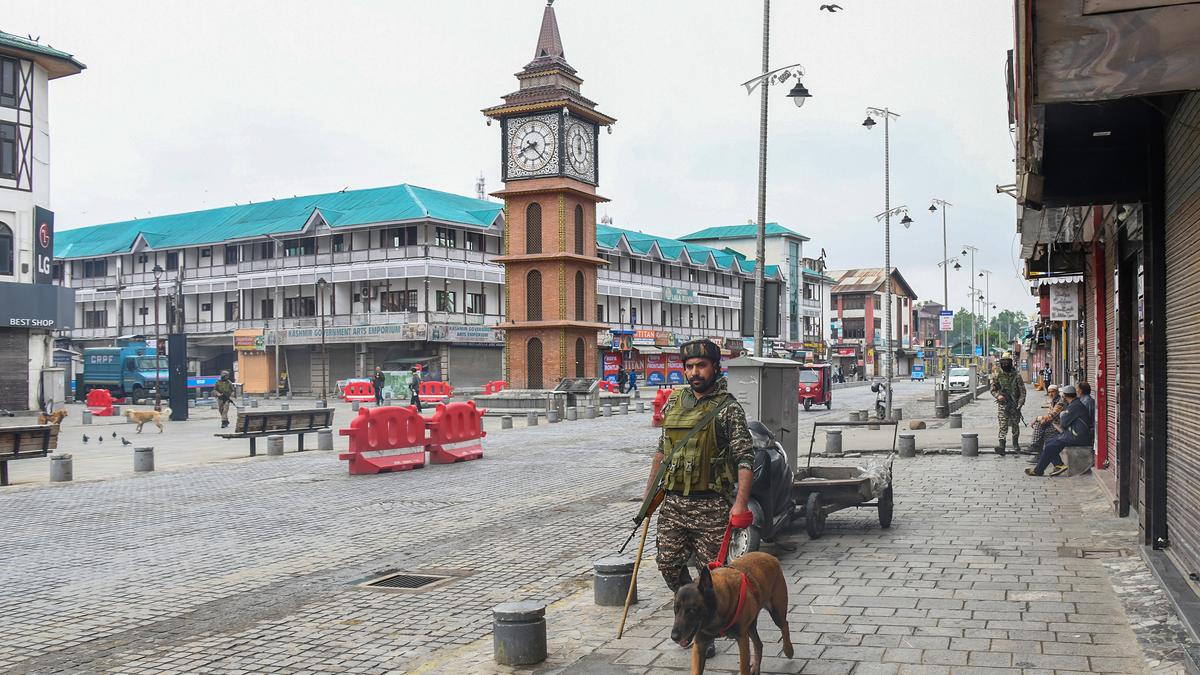
Safe harbour is a legal concept that protects individual websites that allow third party users to share content from legal liability for any unlawful posts.
| Photo Credit: Getty Images/iStockphoto
The story so far: In written submissions to the Parliamentary Standing Committee on Communication and Information Technology, the Union Ministry of Information and Broadcasting said that it is reconsidering the concept of safe harbour for social media platforms, to combat the issue of “fake news” online.
What is safe harbour?
Safe harbour is a legal concept that protects individual websites that allow third party users to share content from legal liability for any unlawful posts. The concept was put in place in the early years of the internet as a key safeguard to encourage innovation online and prevent website owners from being unfairly hounded for content they had no hand in publishing. The concept of a middleman being responsible for third party content is known as intermediary liability, and safe harbour protects sites, by default, from any criminal action for content hosted by them. In the U.S., safe harbour is enshrined in Section 230 of the Communications Act of 1934, inserted into the decades-old law in 1996. In India, Section 79 of the Information Technology Act, 2000, grants intermediaries similar protections.
The protections are not without conditions. In India, if an intermediary receives “actual knowledge” of illegal content on their website, they lose liability protections under Section 79 if they don’t work to take the content down within a certain time period. The Supreme Court has read down “actual knowledge” to mean a court order or government notification.
Without safe harbour protections, online intermediaries could face tremendous consequences for illegal content. For instance, in 2004, the then head of the website eBay in India was arrested because of a user listing of a disk containing child sex abuse material for sale.
How are intermediary liability protections regulated in India?
While safe harbour does have the conditions described above, the Information Technology (Intermediary Guidelines and Digital Media Ethics Code) Rules, 2021 has put in place additional conditions for platforms to retain protection from intermediary liability. Social media firms need to have a nodal officer, a grievance officer resident in India, and need to periodically submit reports of complaints they receive on content, and action taken against them for this. Different parts of the IT Rules have been challenged in courts in the last few years.
For example, in 2023, the Union government notified the Information Technology (Intermediary Guidelines and Digital Media Ethics Code) Amendment Rules, 2023, which contained provisions that would strip safe harbour from sites for content that has been notified as “fake news” by the Press Information Bureau’s fact check unit. That amendment was immediately challenged in the Bombay High Court, among others by the comedian Kunal Kamra. Petitioners accused the government of exceeding its authority by designating a fact check unit that could be an arbiter of truth, and putting pressure on social media companies to take content down without following the longer process of sending a notice to users whose content is being removed. The Bombay High Court sided with Mr. Kamra, and the case is being appealed by the government.
Why is the government considering amending the safe harbour clause?
The government has accused foreign social media platforms of flouting Indian laws and acting too slowly on takedown notices. On multiple occasions before Elon Musk acquired Twitter, now known as X, the platform had public confrontations with the Union government regarding orders to hide users’ content. X under Mr. Musk has continued to fight the government’s right to issue blocking and takedown orders without notice to users at the Karnataka High Court. The Union government has pitched amending safe harbour as a way to get platforms to be more proactive in governing their sites, not just for what they deem to be misinformation, but for AI-generated deepfakes, cyberfrauds and so on. In the U.S., both former President Joe Biden and current President Donald Trump have taken aim at Section 230 for different reasons — Mr. Biden’s White House sought to weaken safe harbour protections as a way to make platforms more liable for extremist content, and Mr. Trump for the alleged silencing of conservative voices.
The Ministry of Electronics and Information Technology has indicated that it would draft a Digital India Act (DIA) that would incorporate these changes, but the outlines of how safe harbour would change under this proposed law have not yet been revealed. Moreover, no DIA draft law has been released yet.
Published – May 11, 2025 03:54 am IST



Leave a Comment